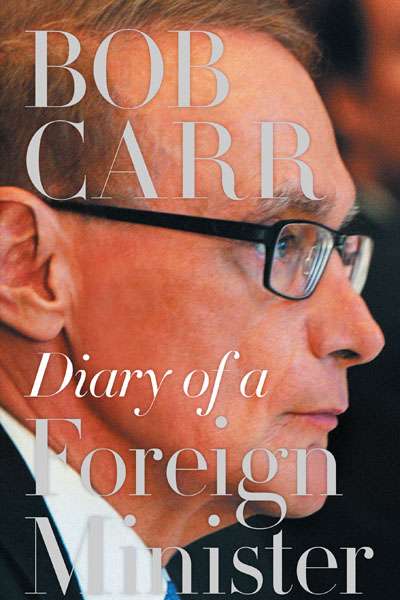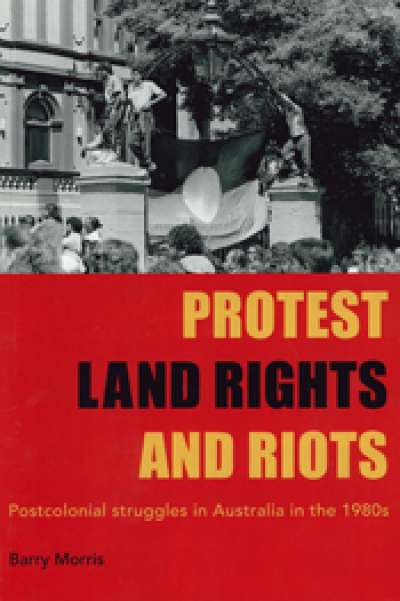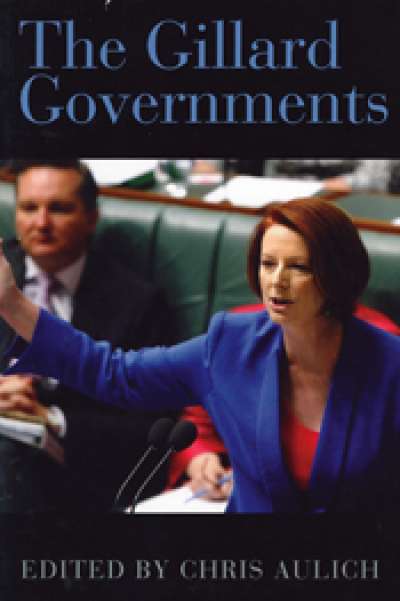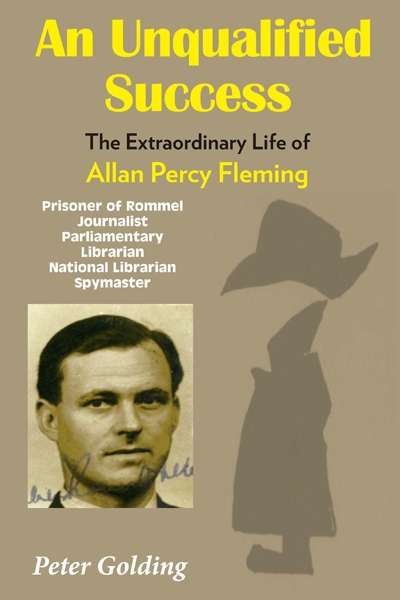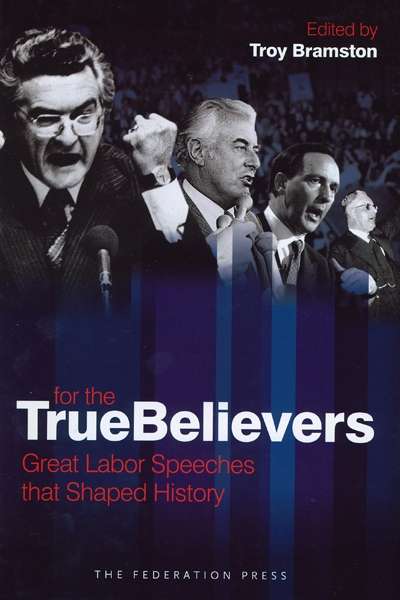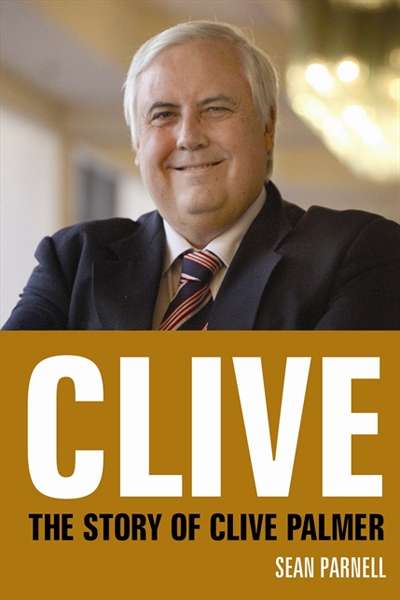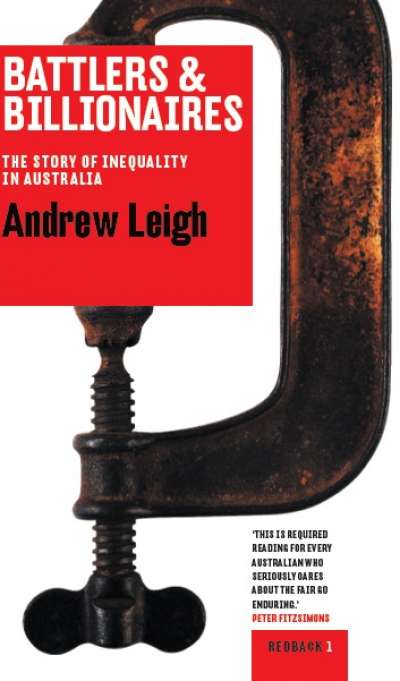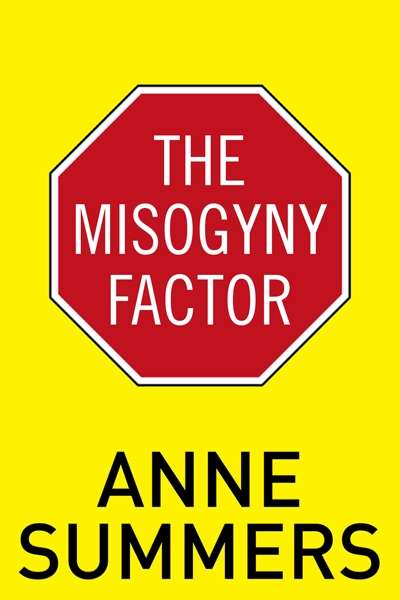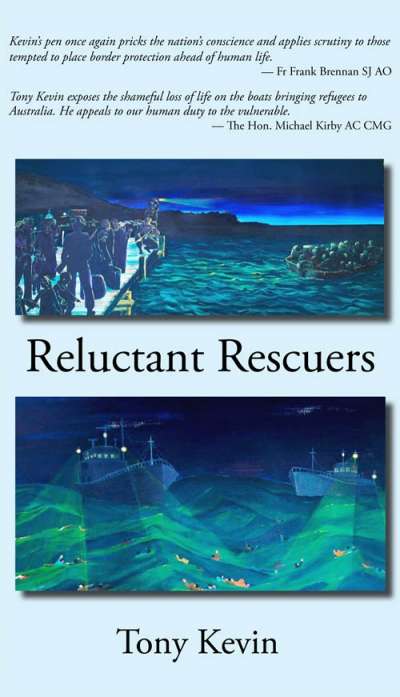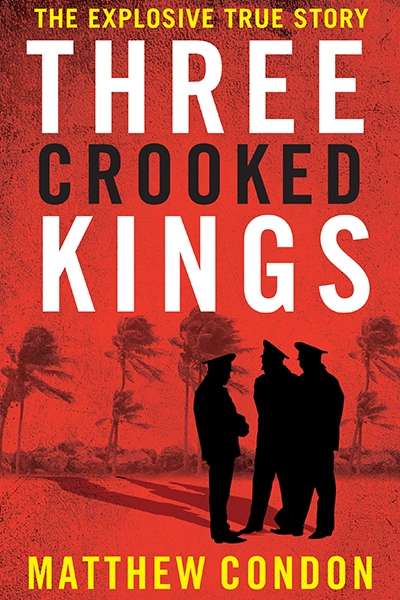Australian Politics
‘Dear Dr Blewett, I am writing to you ... concerning your intention to publish the diary you kept during the first Keating Government ... Whether any legal action, criminal or civil, is initiated would be entirely a matter for the Commonwealth government and relevant authorities ...
... (read more)Protests, Land Rights and Riots: Postcolonial struggles in Australia in the 1980s by Barry Morris
Protests, Land Rights and Riots examines indigenous politics in New South Wales in the 1980s. The discussion focuses on several protests, including the infamous 1987 ‘Brewarrina riot’, which followed the death of a young Aboriginal man in police custody, as well as a 1990 demonstration against amendments to the Aboriginal Land Rights Act 1983 (New South Wales). Morris, an anthropologist, provides the background to these and other events, and captures the tensions that characterised indigenous politics at the time, as well as the post-colonial ‘fantasies’ and ‘anxieties’ that infused the broader society around its bicentenary.
... (read more)The Gillard Governments: Australian Commonwealth administration edited by Chris Aulich
The prime ministership of Julia Gillard attracted an immense amount of media attention, not least because of the novelty of a female leader aspiring to embody the values and dreams of the Australian people. As opposition to her policies and style grew, Gillard as the government figurehead was at times subjected to extremist protests that used her gender as a weapon. Gillard’s prime ministership and perceptions of female power in contemporary Australia are issues explored in various chapters of The Gillard Governments, though not as extensively as its back-cover blurb would have us believe. The contributors to this edited volume are more interested in understanding the government’s policy development, administration and machinery of government than in the prime minister and her individual challenges.
... (read more)An Unqualified Success: The extraordinary life of Allan Percy Fleming by Peter Golding
In 1939 President Roosevelt nominated the poet Archibald MacLeish to be the Librarian of Congress, replacing Herbert Putnam, who had held the post since 1899. MacLeish had not previously been employed in a library. American librarians reacted to the news with outrage and disbelief, with one of their leaders claiming that he could no more think of a poet as the Librarian of Congress than as the chief engineer of a new Brooklyn Bridge. Roosevelt was unmoved by the protests and petitions, and MacLeish duly took up the position. He held it for less than five years, but in that time he achieved a major reorganisation of the Library, broadened its research and cultural roles, and made some astute staff appointments, including two of his successors.
... (read more)For the True Believers: Great Labor speeches that shaped history edited by Troy Bramston
Gough Whitlam’s famous words during his impromptu speech after the Dismissal in 1975 remain a potent symbol of the excitements and turbulence of the Whitlam era. As Troy Bramston’s collection of ALP speeches since 1891 reminds us, political speeches can capture a national mood or sentiment at a particular time in history. Indeed, a carefully crafted set of words can become a treasured part of our national self-image. They can also boost or destroy a politician’s reputation. In an age when the media has become uncritically obsessed with gaffes, Twitter banalities, polls, and sound bites, it is worth remembering that a good speech can elevate the national conversation and appeal to our better instincts.
... (read more)Even the most seasoned political observers would have been surprised at the Palmer United Party’s triumph at the federal election, which saw it claim three seats in the Senate. Was it a stroke of luck or the work of a remarkable political strategist? In any case, the political fate of the PUP’s founder remains undecided ...
... (read more)Battlers and Billionaires: The Story of Inequality in Australia by Andrew Leigh
Bigger than Bradman and Phar Lap combined, no Australian legend has endured the ages quite like the ‘fair go’. Egalitarianism is as central to Australian identity as exceptionalism is to the United States. The promises that underpin these mythologies are as contentious as they are seductive ...
... (read more)Julia Gillard’s magnificent tirade against Tony Abbott in parliament last year has given Anne Summers her title for The Misogyny Factor, a polemic on the landscape of sexism and disadvantage in Australia based on two of her own recent speeches. Hillary Clinton’s distinction between progress (the signs of how far we have come) and success (enduring changes in attitudes and structures) provides another important point of reference. A strong believer in affirmative action, Summers documents startling statistics about persisting discrepancies between the sexes in income, representation in positions of power, and recognition and rewards.
... (read more)Reluctant Rescuers: An Exploration of the Australian Border Protection System’s Safety Record in Detecting and Intercepting Asylum-seeker Boats, 1998–2011 by Tony Kevin
In Reluctant Rescuers, Tony Kevin addresses the rescue at sea of boat people who have entered Australian waters. He aims to provide a ‘fact-based analysis of a shadowy’ – and deeply controversial – ‘area of public policy’. Kevin begins by correcting the myth that ‘people smugglers’ are the ‘main culprits when people die at sea’ ...
... (read more)In April 2012, barely a week after Queensland had elected a conservative government to office for the first time in twenty-six years, Campbell Newman announced the abolition of the state-funded premier’s literary awards. The decision, despite disingenuous claims to the contrary, was entirely symbolic, coming as it did before Newman’s Liberal National Party had been officially sworn in or had articulated anything approaching a comprehensive fiscal policy. It was an early portent of a regression to a time when philistinism was celebrated and executive power ran uncurtailed. Soon the premier was using his maiden parliamentary speech to pay tribute to his conservative predecessor Joh Bjelke-Petersen, who narrowly avoided a criminal conviction on the back of one of the most infamously tainted juries in Australian legal history. More recently, amid a host of controversies over ministerial nepotism and shady deals, the government has undertaken a sustained attack upon the Crime and Misconduct Commission, the very organisation formed in response to the rampant treachery of the Bjelke-Petersen era. It may be the self-professed smart state, but former Police Commissioner Ray Whitrod put it best in his memoir: ‘Queenslanders are not like other Australians.’
... (read more)

